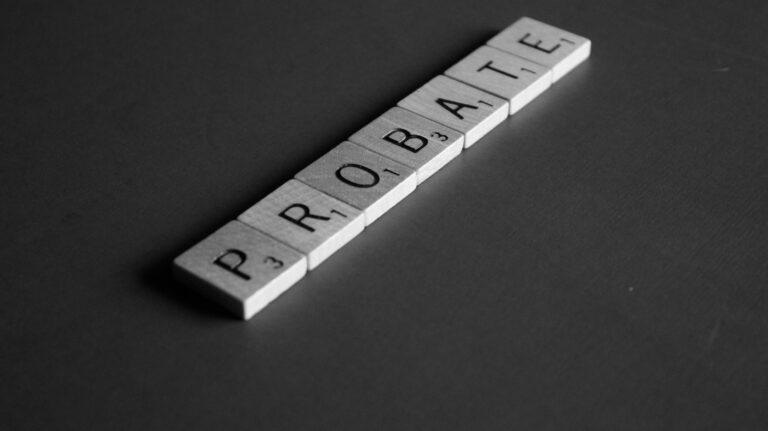Estate planning is one of the most important steps that a person can take to protect their family’s future. Any estate plan must take into account what is known as probate, a court-supervised process that involves authenticating and validating a decedent’s last will and testament and distributing what is left to beneficiaries. For many reasons, it is generally preferable to not subject a person’s estate to probate.
Fortunately, there are certain assets that are exempt from this process. Having trusted legal counsel can give you the assurance you need as you develop your unique estate plan. Count on the New York estate planning team at the Law Offices of Laurence Rogers.
Why Avoid Probate?
Individuals make wills to express their desires concerning how to distribute their estate assets after they die. The court must make sure that a purported will is valid and that it accurately represents the decedent’s wishes. This is where probate steps in.
The court must first identify the last will and testament (and address any questions concerning the validity of the document) and determine what and where the decedent’s assets are. A value is assigned to those assets and any final taxes or debts of the estate are paid. Whatever remains at the end of this process is shared among heirs as described in the will.
Altogether, this process can be expensive and take a significant amount of time and resources. Even if the will is valid, there may be disagreements and contention among heirs who don’t like how the estate is to be shared. Probate is also public in New York and exposes potentially valuable estates to public scrutiny.
Assets That Are Exempt From Probate
For the above reasons, and others, many individuals would naturally prefer to keep as many of their estate assets as possible out of probate. These are some examples of items that are exempt from this procedure:
- Property that is jointly owned: Property that is held either in joint tenancy or tenancy by the entirety (for married couples) automatically passes to the survivor without the need for probate. This is thanks to the right of survivorship that allows the property to be conveyed directly to the survivor.
- POD and TOD accounts: Bank accounts and other financial instruments with a designated payable-on-death (POD) or transfer-on-death (TOD) beneficiary can also skip probate. The beneficiary simply claims the account as their own.
- Retirement accounts: 401(k)s, IRAs, and other retirement accounts usually don’t require probate if they include a named beneficiary. Unless the estate itself is named, these accounts pass directly to the beneficiary.
- Life insurance proceeds: Similarly, New York law exempts life insurance policies with named beneficiaries. Proceeds are paid to beneficiaries after the policyholder’s death without the court’s involvement.
- Trust assets: Assets that are held in a revocable or irrevocable trust are considered the property of that trust. They simply transfer according to the terms of the trust (not the will) and thereby bypass probate.
- Small estates: In New York, a voluntary administration is available to dispense with estates that are valued under a certain threshold. The current amount is $50,000, which means that personal property (excluding real estate) that totals less than this may qualify for voluntary administration.
Guidance For Your Estate Planning Needs
You can use the above and other tools now to prevent certain items of property from ever requiring probate. Our estate planning law firm can assist with drafting your last will and testament, establishing trusts, and helping you preserve as much of your estate as possible for your heirs. Call our office or complete our online contact form to get started.
